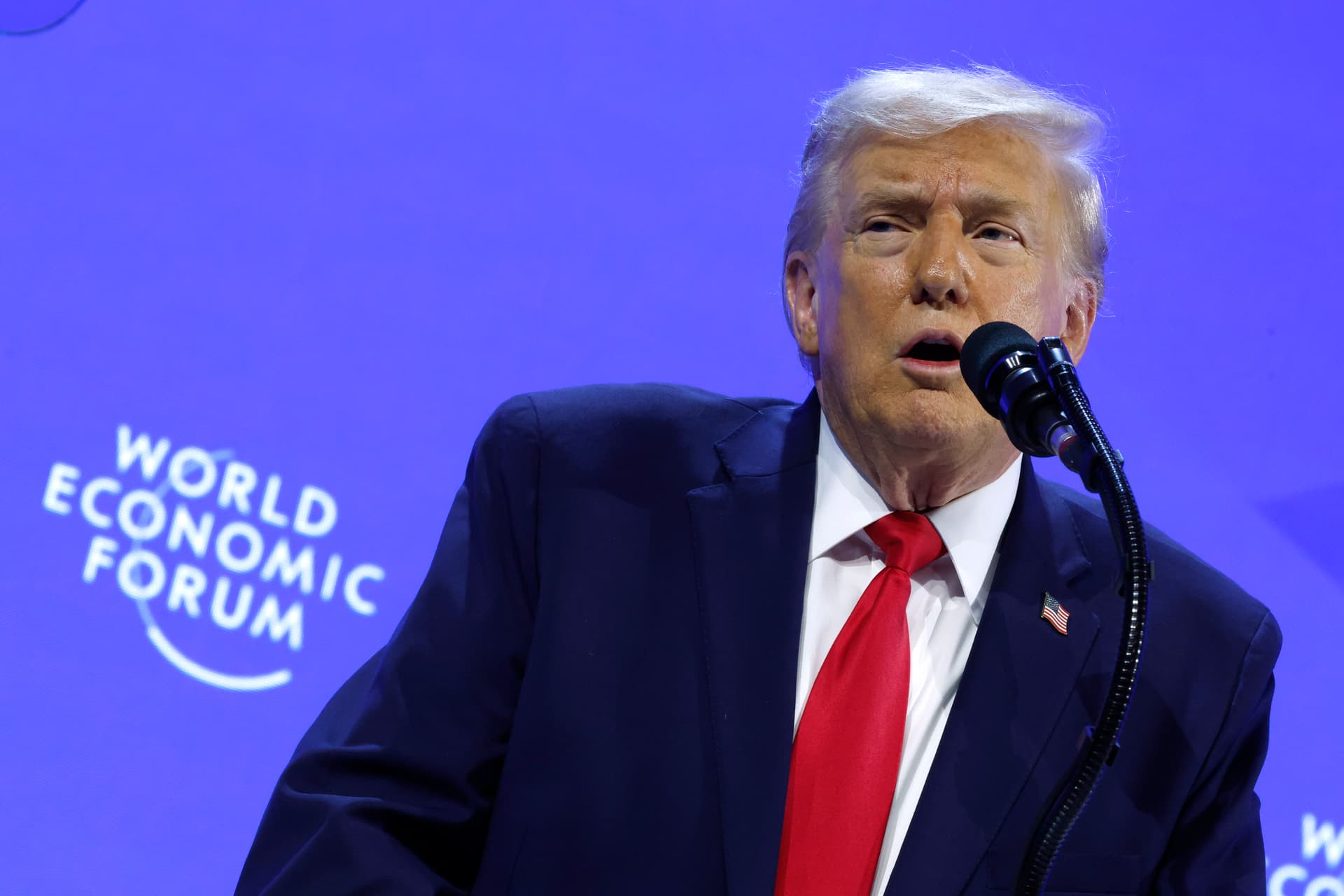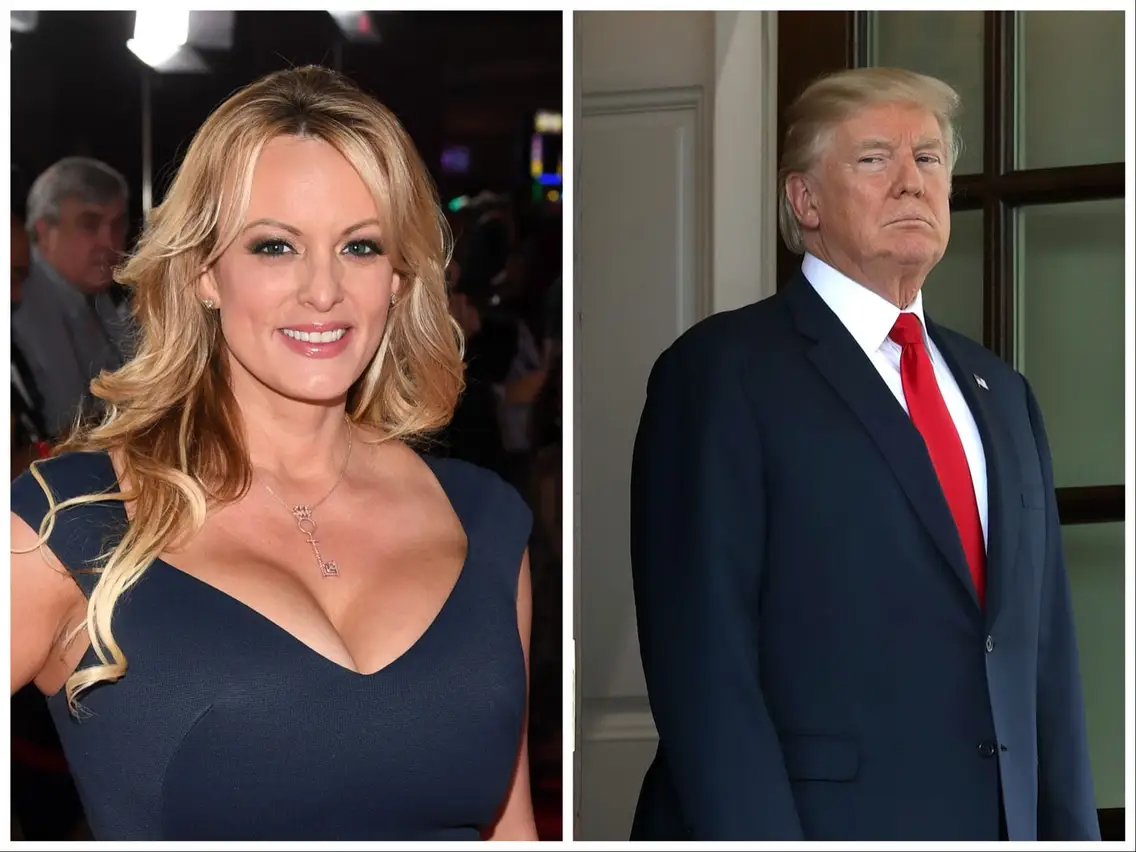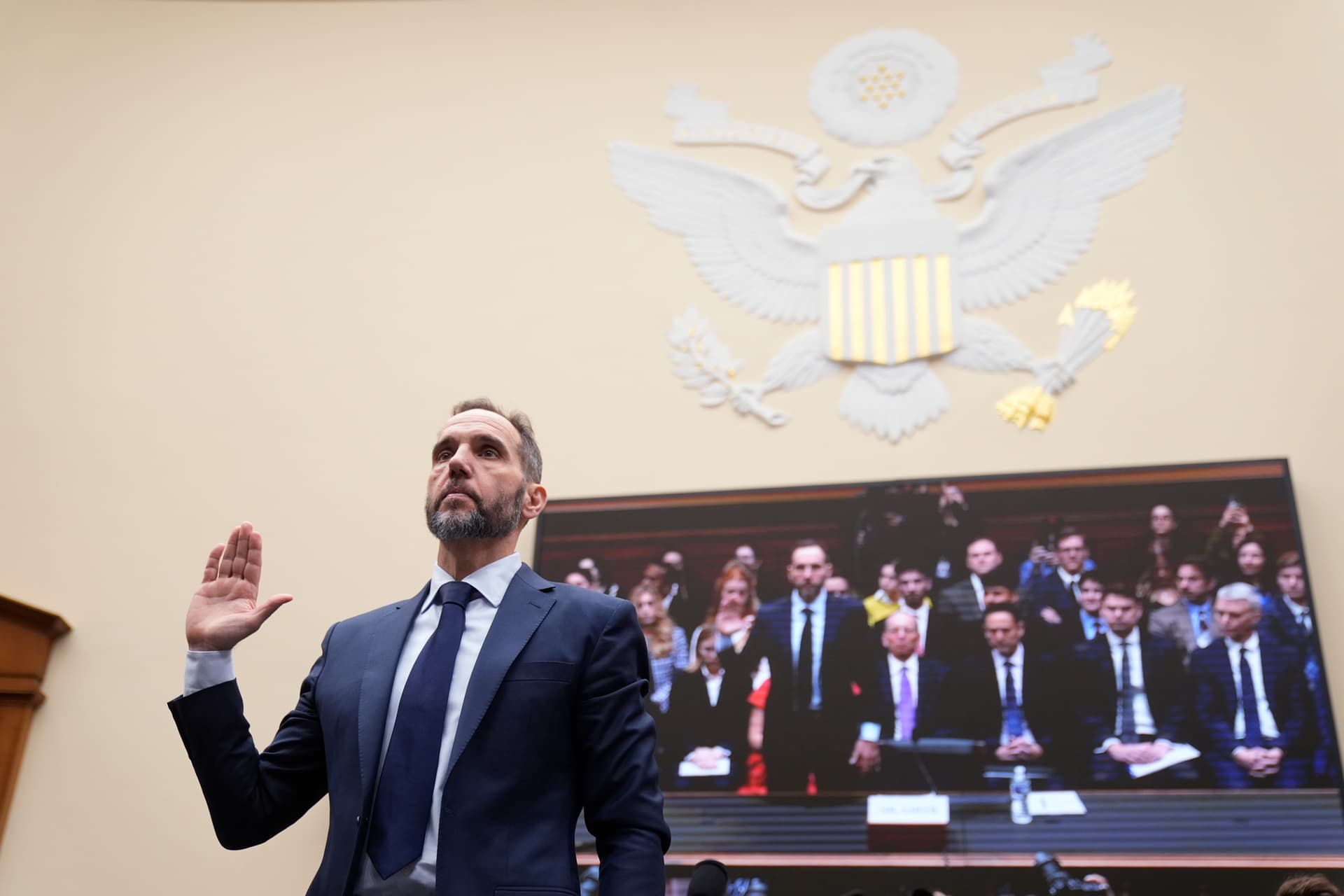
On the Economy, Also, Trump Is Trying To Save Europe From Itself
By LAWRENCE KUDLOW
|This article is from the archive of The New York Sun before the launch of its new website in 2022. The Sun has neither altered nor updated such articles but will seek to correct any errors, mis-categorizations or other problems introduced during transfer.

$0.01/day for 60 days
Cancel anytime
By continuing you agree to our Privacy Policy and Terms of Service.
Already have an account? Sign In

By LAWRENCE KUDLOW
|
By A.R. HOFFMAN
|
By MATTHEW RICE